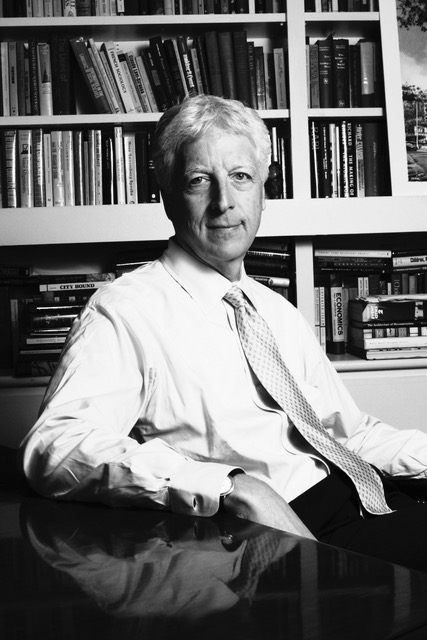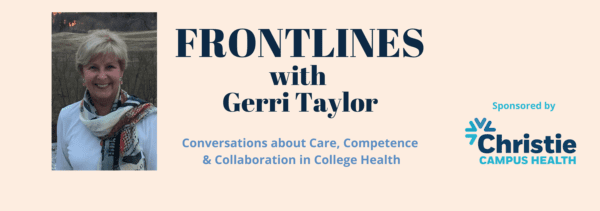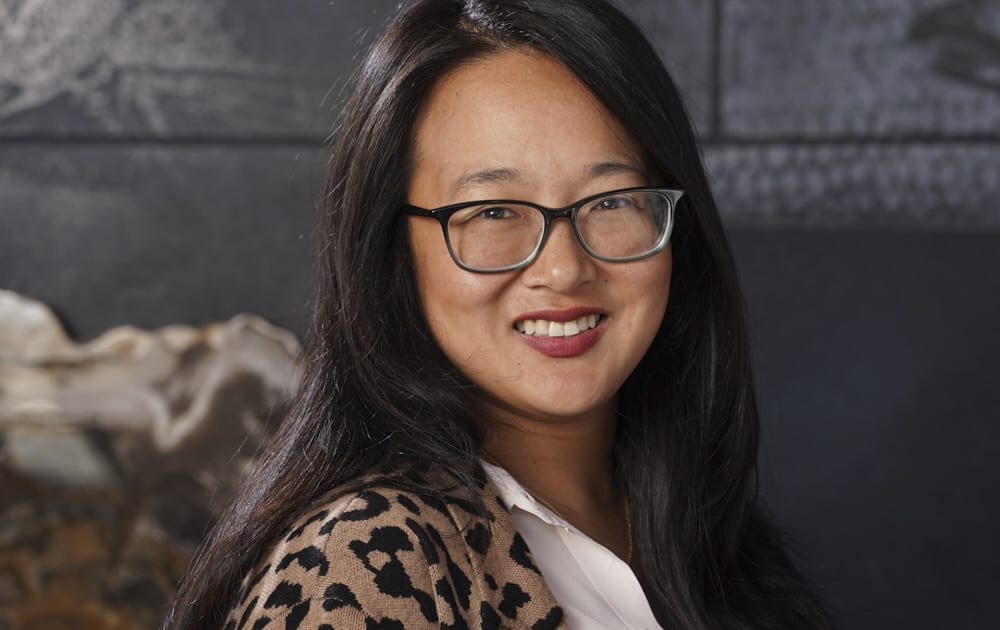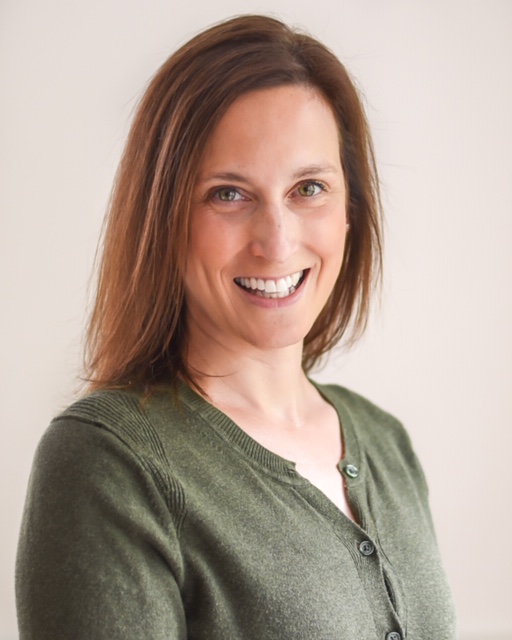Having a conversation with Jonathan Cole is like reading a great book. You don’t want it to end even though you’ve already learned a great deal.
In two separate Zoom interviews, the professor and former provost at Columbia University spoke to me about the triumphs and failures of American higher education, the promises offered and often unmet, and the collective changes that need to be made within the institution where he has spent his entire career. As the author of several books on higher education, Cole is naturally an excellent source on these subjects. But his intensity in making us understand what is at stake for post-secondary education today reveals a humanity that goes beyond the task of an historian.
Cole is in fact a sociologist who studies colleges and universities as social institutions, much like he did with his groundbreaking work on the sociology of science. As a professor, he is also refreshingly in-step with the Gen Z students he currently teaches. He is keenly aware of their angst, and those of their peers, at highly competitive schools around the country and considers their reported mental health issues to be one of the casualties of a culture overly influenced by money and vocationalism.
I would not call Dr. Cole objective. In fact, my guess is he would find the term overrated just as he does the word “well-rounded.” (“If you are only good at one thing, you have still accomplished something.”) Jonathan Cole is a disrupter who has the courage to say out loud and in print what many in the hallowed halls would never utter under their breath. And his opinions, rooted in evidence and experience, are worth hearing as we better understand how to make higher education a thing of value and purpose, both socially and personally.
Words of Wisdom
Everything you need to know about someone, you find out in the first 10 minutes of talking to them. This is what Dr. Cole told me during our first interview, which I found to be true even though we had talked for over an hour. He appeared on the Zoom call to be very professorial and I could tell even from a limited camera angle that he had enough books around him to start a library.
I knew right away that he was a kind man, with warm references to his smart wife, accomplished children, and beloved colleagues. What I wouldn’t have guessed about Dr. Cole, but later learned, was that he was recruited to be a professional baseball player just as he began his first years at Columbia. After injuring his arm, he started taking school seriously, which pleased his parents who had always prioritized academics.
“We were born poor but felt rich because education was such a big part of our lives,” he said.
As an undergrad, he took classes with world-renowned faculty whatever their disciplines, be it art history, political theory, or physics. His reverence for learning as an end onto itself comes through in his writing and is something he hopes to instill in today’s students. Cole’s own career reflects this fluidity. Originally a history major, he moved into sociology in graduate school when he became a research assistant to the famous sociologist Robert Merton and, with him, established a new field: the sociology of science. After spending many years as a Columbia faculty member, he was recruited into administration – first as the Dean of Arts and Sciences and then as Provost where, from 1987 to 2003, he presided over a period of significant change.
When he was provost, he met his mentee, long-time friend, and future co-author, Michael Crow, whom he hired as deputy provost. Crow is now the President of Arizona State University, where he is famously experimenting with some of the biggest changes in higher education benefitting low-income and first-generation students. He and Crow are now working on a book together.
“Michael is like a son to me,” said Cole. “He is one of the smartest, bravest people I know.”
In his early 60s, Cole left his post as provost, went back to teaching, and focused on his writing.
“All I was doing was returning to what I loved,” he said of his second turn in the classroom. “But it was like starting over again and getting to know a whole new generation of students.”
It didn’t take Cole long to see that the student body had changed. Many of today’s students, particularly at highly selective schools like Columbia, were so superlative, so specialized, and so competitive that their mental health and their personal relationships had become negatively affected.
“There’s a large proportion of these kids who, before they even come to college, are suffering from high levels of anxiety and depression,” Cole said. “Then when they get here, it gets worse because they are wound up so tight trying to reach the next level. Their friends become their competition. I think that’s very sad. Instead of exploring the human mind and having this opportunity that they’ll never have again, they’re extraordinarily competitive about getting into the right graduate school because they are thinking ‘only one of us is going to get in.’”
Cole supports the expansion in mental health services that has occurred on college campuses over the last decade, identifying this area as one of the “good” administrative cost drivers of tuition increases (as opposed to fancy dorm rooms which he places among the “bad and the ugly”). He advocates for a “health-blind” admissions process where students could be admitted regardless of their mental health history but would then be screened voluntarily for issues and given support and supervision at the start of their college years. As he lauds the increased options for mental health treatment, he believes the cultures must change.
“We need to take the pressure off of these kids that has been placed on them all of their lives,” he said. Cole points to parents obsessed with admissions criteria, be it the right kindergarten, club, or college. And he blames the family pressure on society that has put far too much of a premium on money, a dynamic that has led to an acute form of vocationalism which Cole believes is damaging to students and to higher education. He also believes it is misleading.
“Anyone who tells you ‘You’ll never get a job if you happen to be a history major,’ is just not telling the truth. The long-term analysis of income over time shows that humanities majors do just about as well as engineering majors.”
“One of the problems of American higher education, particularly the highly competitive colleges, is the way they choose their students,” he said. “They all tend to be smart in the same way so its uni-dimensional.”
But anyone who believes that Cole, now in his seventies, wants higher education to return to its former glory, doesn’t know Jonathan Cole (as I now claim to). Far from lamenting a by-gone era, Cole’s hopes for the future of the American university are about access, equity, and experimentation. They are about putting priority on the schools that are educating the largest number of students and coming to terms with how this country deals with race and educational opportunity.
It is clear that he has given great thought to all of these subjects which, I have concluded, come together for him around mental wellbeing, access, and value, all of which could be improved by removing outdated education practices and replacing them with innovative ones. The first item on his elimination list is the higher education admissions process.
“One of the problems of American higher education, particularly the highly competitive colleges, is the way they choose their students,” he said. “They all tend to be smart in the same way so its uni-dimensional. It’s all a matter of board scores and GPA and all the schools are competing for these same people. It is said that higher education is a meritocracy but it is really nothing of the kind.”
Cole said that instead of recognizing multiple intelligence, creativity or potential, higher ed has taken the easy way out by relying on testing. With numbers as the criteria, a competitive, monolithic culture has emerged, dominating parents’ expectations and driving their children’s neurosis.
To address this, Cole would get rid of the Common Application (“it is simply too easy to apply”) and the entrance exams and bring faculty back into the admissions process to read the applications. A new type of admissions committee would be tasked with shaping the class, asking itself, “what kinds of students do we want to be educating?” Even the elite institutions could then make a place for the talented political cartoonist with the less-than-perfect GPA who could enrich her classmates given the right exposure and academic freedom.
“The point is to bring people together – each of whom is good at different things – to converse and learn from each other. The same person shouldn’t have to do advanced calculus and produce art.”
Cole views grades as an unnecessary source of anxiety.
“I knew many people in my life who received excellent grades in college but didn’t have an ounce of creativity,” he said. In referring to MIT’s experiment with eliminating grades for first-year students, Cole said, “My guess is the students there are not receiving an inferior education.” In the ad column, Cole is a big fan of undergraduate research and purports relaxing the rules around this, so students can learn more by doing and experimenting with different disciplines.
Interestingly, many of Cole’s big ideas – like shortening the four-year calendar to make college more affordable – are focused outside of the ivory tower within which he has resided. While the elites have been his experience, Cole, the sociologist, recognizes that the greatest value to society will come from changes made at large public institutions, which makes his pairing with Crow a natural fit.
The weight he places on public higher education speaks to its once and future promise – to lift people out of poverty and make a more just and equal society. But, for a variety of reasons, including a lack of leadership, Cole says higher education has not prioritized the poor or people of color.
It is clear that Black lives have always mattered to Dr. Cole, and his views on race and higher education provide some novel angles on a perennial and complex subject. This past summer, as Americans dealt in different ways with the harsh examples of persistent racism, Dr. Cole read up on Black literature. In going back to Frederick Douglas, W. E. B. Du Bois, and many of the prolific Black poets, he was once again struck by how sidelined these works often become among university curricula.
“We are not doing a good enough job getting this into the hands of all students, particularly non-minorities,” he said.
He has a similar view on why, despite well-meaning efforts at inclusion, Black students often report feeling like outsiders on their own campuses. Their “otherness” comes from how Cole says universities often view them – as diversity numbers, rather than deserving students.
“There is an unfortunate stigma that comes from our affirmative action efforts when brilliant Black students believe their White peers see them as having an artificial advantage.” He is particularly critical of the Ivy League in this regard, with its constant counting of people of color, many of whom come from different countries.
“This is just a fraud, frankly, and it’s not helping the situation here. The albatross around our nation’s neck is the relics of slavery and continued structural racism and injustice,” he said.
Cole believes higher education’s unfinished business on social justice also includes poor Whites who themselves feel left out of the opportunities promised. Cole says with genuine compassion that ignoring this population group helped fuel the Trump movement and led to a national refrain to “screw the system.”
There is no doubt that these and other subjects will be explored at great length in his upcoming books on freedom and unfreedom, as well as on the future of higher learning in America. If they are anything like the authentic, impassioned, and thought-provoking conversations I had with Dr. Cole, they will indeed be great reads.




